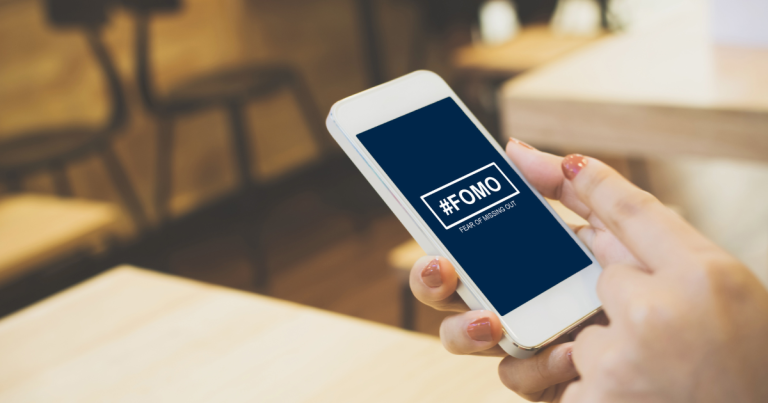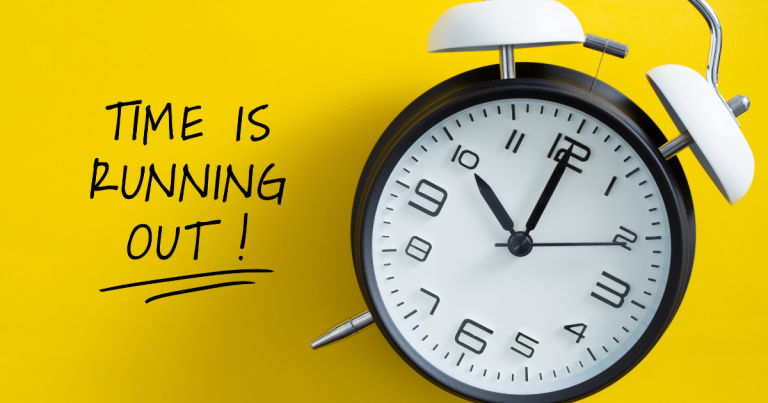7 Ways How Psychology Can Drive Event Attendance
Event marketers must be creative and use every trick in their arsenal to drive event attendance. An effective way to achieve this is by using psychological principles to boost event attendance. By understanding the psychology of your target attendees, you can develop strategies that reach them emotionally while staying true to your brand identity simultaneously.
We’ve invited Sourabh Kothari to share with us 7 ways how psychology can drive event attendance:
1. FOMO (Fear of missing out)

The creation of excitement is one of the oldest & most effective event marketing techniques. According to Sourabh, marketers who can include quality content in their communications—such as the number of speakers at the event or posting over-the-top videos of previous events—will most likely (with a little adrenaline rush) pique the interest of potential audiences & encourage them to register.
2. Reward potential attendees
Dopamine is a reward hormone that makes you feel content after receiving a reward for your action, as you’ve probably heard. Sourabh explains that the likelihood of them signing up increases by rewarding potential attendees from the moment they land on your event or registration site and adding them to different touchpoints in the customer journey. The reward need not be extravagant; it could simply be a sincere word of appreciation for their efforts throughout the registration process.
3. Social proof

Your mood is regulated by serotonin, which is also responsible for happiness. It regulates when you sleep and wake up, aids in thinking, and keeps your mood stable. Sourabh touched on this subject and mentioned that attendees might occasionally feel a little lonely before the event because might not know anyone who is attending.
You, as event marketers, can use particular tactics to reassure and lessen their sense of isolation. You could, for instance, inform them of other attendees from their network or sector, or you could use tools like Snöball, which lets users create personalized invitations for attendees to invite their contacts.
4. Swap power for kindness
As event marketers, we frequently believe that all the glitzy messaging we send out to the audience will tempt them to register. Little do we realize that this can make the potential attendees feel overwhelmed and anxious.
This is where Sourabh recommends adopting a gentler tone that connects with people on a more human level. This promotes the release of the happy hormone, Oxytocin, which is often associated with kindness and compassion and aids in developing long-term relationships with the attendees.
5. Scarcity

Scarcity generates demand, according to the scarcity principle: when something is in short supply, we perceive it as more valuable, fueling our desire to have it. (Iulia-Cristina Uță, Content Manager at Brand Minds Europe)
How can you use this principle to get people to sign up for your event?
- Promote limited available spots for a specific event or session.
- Ensure that the content delivered by your invited speaker is exclusive to your event.
- Make your content only available for those who attend and not available on-demand.
6. Reciprocity
Reciprocity is exchanging goods and services with others for mutual benefit. Provide attendees with valuable information relevant to their interests, such as a white paper containing the most recent statistics from the industry or niche, or an e-book containing an expert round-up on a specific subject (Brand Minds)
You can show potential clients the benefits of attending your event to persuade them to buy a ticket. Produce valuable free content and make it easily accessible to your attendees; increasing their awareness will make them more likely to purchase. If it is a regular event, show them a preview of what awaits them if they attend; this could be a great way to pique their interest and motivate them to act. Always remember that providing value is everything (Panoptic Events)
7. Authority

The final psychological principle that can drive event attendance is delivering content from a voice of authority. People tend to follow and respect the advice of experts or people who are more knowledgeable than them. Make sure to display any content that comes from authority voices: they contribute to your event’s reputation (Brand Minds). Your prospects will trust you because they trust these authority figures. This could be a great way to mobilize your speakers.
You can also display certifications and awards that your company has received. Elevating your event company in the eyes of prospects increases their likelihood of completing the requested conversion (Panoptic Events).
Bottom line
If you, as an event marketer, are getting anxious about how you can implement these strategies into your next event, we have good news for you! Snöball has been utilizing the above principles to add more butts on seats for events.
In just a 17-min chat with a Snöballer, you can be sure to feel good about marketing your event and hitting your event attendance goal.
Find this article insightful?
Why not share it with your peers and community?


